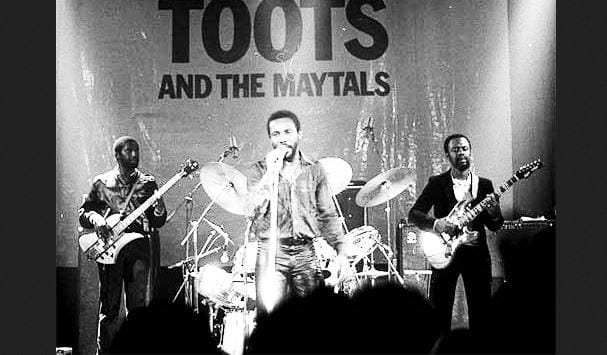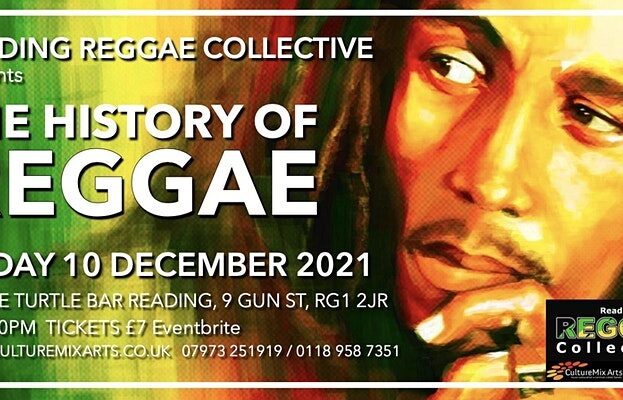Reggae is a music genre that originated in Jamaica in the late 1960s. It is a fusion of African, Caribbean, and American music styles, and is characterized by its rhythmic beat and the use of the "skank" guitar style. Reggae has become a global phenomenon, influencing the music of many different cultures and becoming an important part of popular culture.
The origins of reggae can be traced back to the early 20th century, when Jamaica was a British colony and African slaves were brought to the island to work on plantations. These slaves brought with them their own cultural traditions, including music and dance. Over time, these traditions merged with other influences, such as European and American music, to create a unique and distinct Jamaican music culture.
One of the key influences on the development of reggae was the ska music scene that emerged in Jamaica in the 1950s. Ska was a fast, upbeat style of music that was popular among the working-class youth of Jamaica. It was characterized by its use of the offbeat guitar style, known as the "skank," and its energetic and danceable rhythms.
In the 1960s, reggae emerged as a distinct genre that built on the foundations of ska. Reggae is typically slower and more laid-back than ska, and it often features the use of the "one drop" rhythm, which emphasizes the third beat of the measure. The lyrics of reggae songs often address social and political issues, and the music has a strong connection to the Rastafarian movement, which emerged in Jamaica in the 1930s and promotes the use of marijuana and the worship of Haile Selassie, the former Emperor of Ethiopia.
One of the most influential figures in the history of reggae is Bob Marley, who emerged as a major force in the 1970s. Marley's music combined elements of reggae, ska, and rock, and he became an international star and a symbol of resistance and rebellion. Other important figures in the history of reggae include Peter Tosh, Bunny Wailer, and Toots and the Maytals.
Reggae has had a significant impact on popular culture, influencing the music of many different genres, including hip hop, rap, and electronic dance music. It has also become an important part of the cultural identity of many countries, particularly in the Caribbean, and has been embraced by people all over the world as a symbol of peace, love, and unity.









